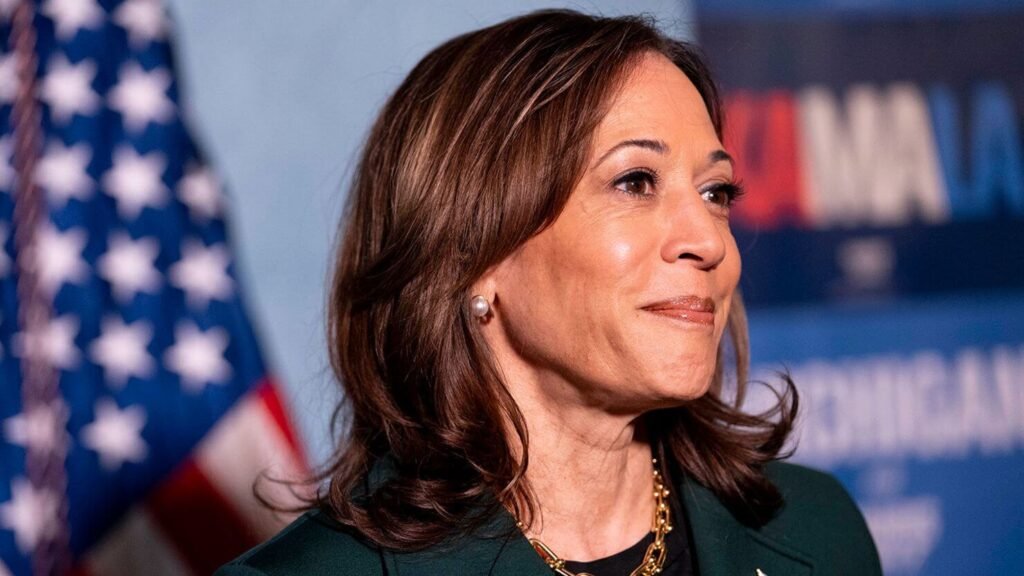Two months after her nomination, Kamala Harris faces a competitive field as she tries to win over undecided voters and unify the Democrats. Hailed as a fresh contender at the Democratic National Convention in Chicago, Kamala Harris now represents the party’s hopes after Joe Biden, 81, struggled against Donald Trump in early surveys. As Kamala Harris’s presidential race heats up, she seeks to rally support and solidify her position among the candidates. Meanwhile, as Election Day draws near, senior party strategists are increasingly concerned about Harris’s chances of winning. They are worried about her ability to appeal beyond the Democratic base.
While Harris experienced an initial surge in support, her polling advantage may only reflect reassurance among loyal Democratic voters, who were uneasy about Biden’s age. In crucial swing states like Pennsylvania, Michigan, and Wisconsin, where Trump has gained support, particularly among Black and Latino voters, polls predict a tight contest. The closing margin indicates that Harris will require a larger coalition to win these battleground states and the electoral college.
Harris has particular challenges in Michigan, which has the largest Arab-American community. Biden’s handling of Middle East affairs, including the conflict in Gaza and Lebanon, has angered those who voted for Democrats in 2020. At a Dearborn café, longtime Democrat Samraa Luqman spoke out about her protest vote for Trump, saying, “There has to be accountability for lives lost.”
In the meantime, Michigan labor unions provide both a chance and a problem. United Auto Workers official Jean Ducheman, who was first wary of Harris, now believes her efforts to reach out to Michigan workers have been beneficial. However, several unions still need to figure out their support, which reflects persistent mistrust.
Pennsylvania, a critical state with a high electoral vote count, shows a deadlocked race as voters prioritize the economy, where Trump holds an advantage. Although Harris aims to attract suburban women alienated by Trump’s behavior, economic concerns persist. At an outdoor event, Pennsylvania voter Gene Wool remarked that inflation has eroded budgets, making the economic climate a decisive issue.
In Arizona, a ballot initiative on abortion rights may significantly increase voter turnout during the upcoming election cycle this year. Kamala Harris emphasizes women’s rights and connects her candidacy to state abortion rights legislation to gain support. However, some voters, including Nicole Nye, remain uncertain whether Harris’s stance on reproductive rights will influence their final decision. As the Kamala Harris’s presidential race progresses, her position on these critical issues could play a crucial role in attracting undecided voters.









